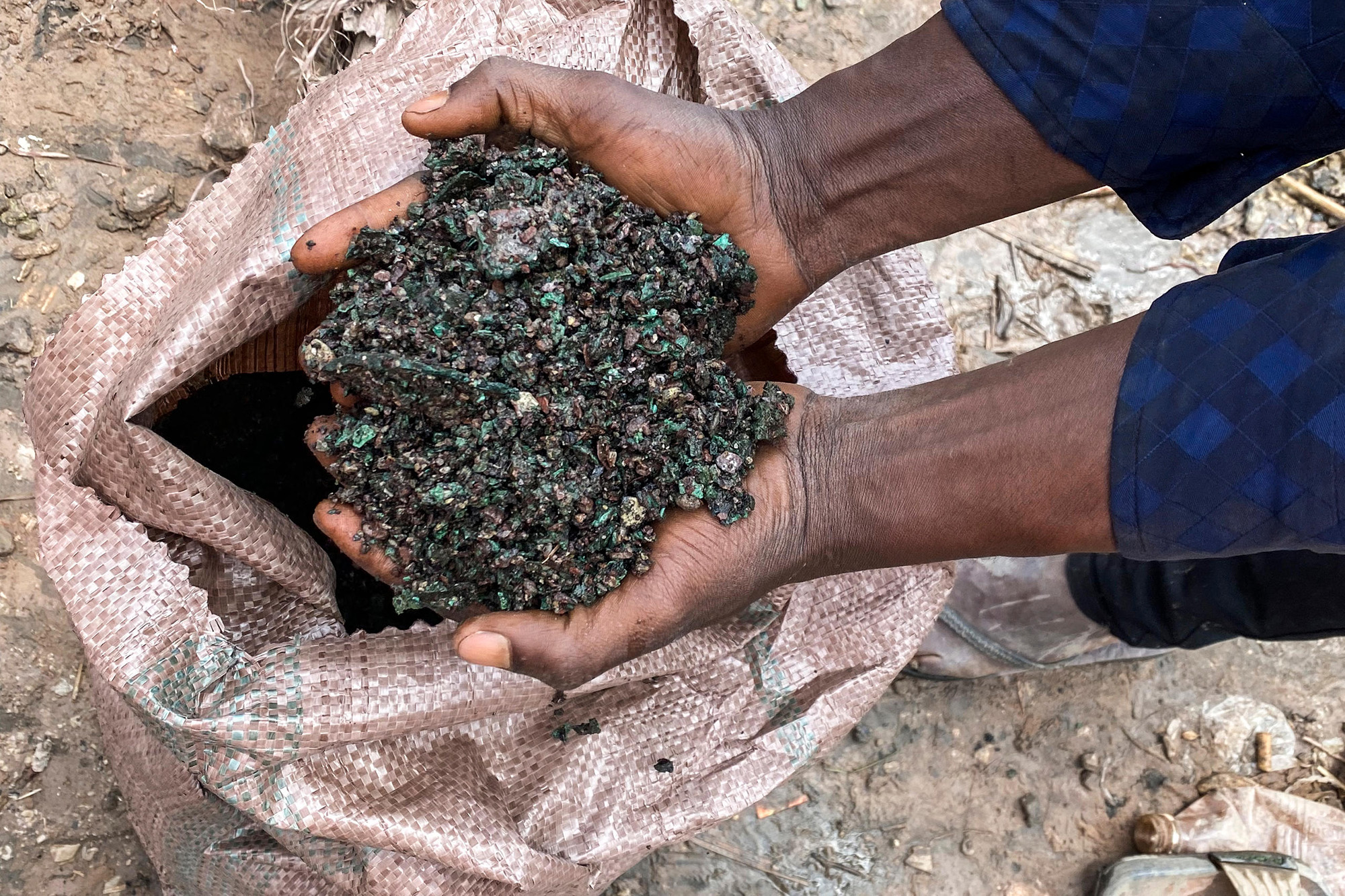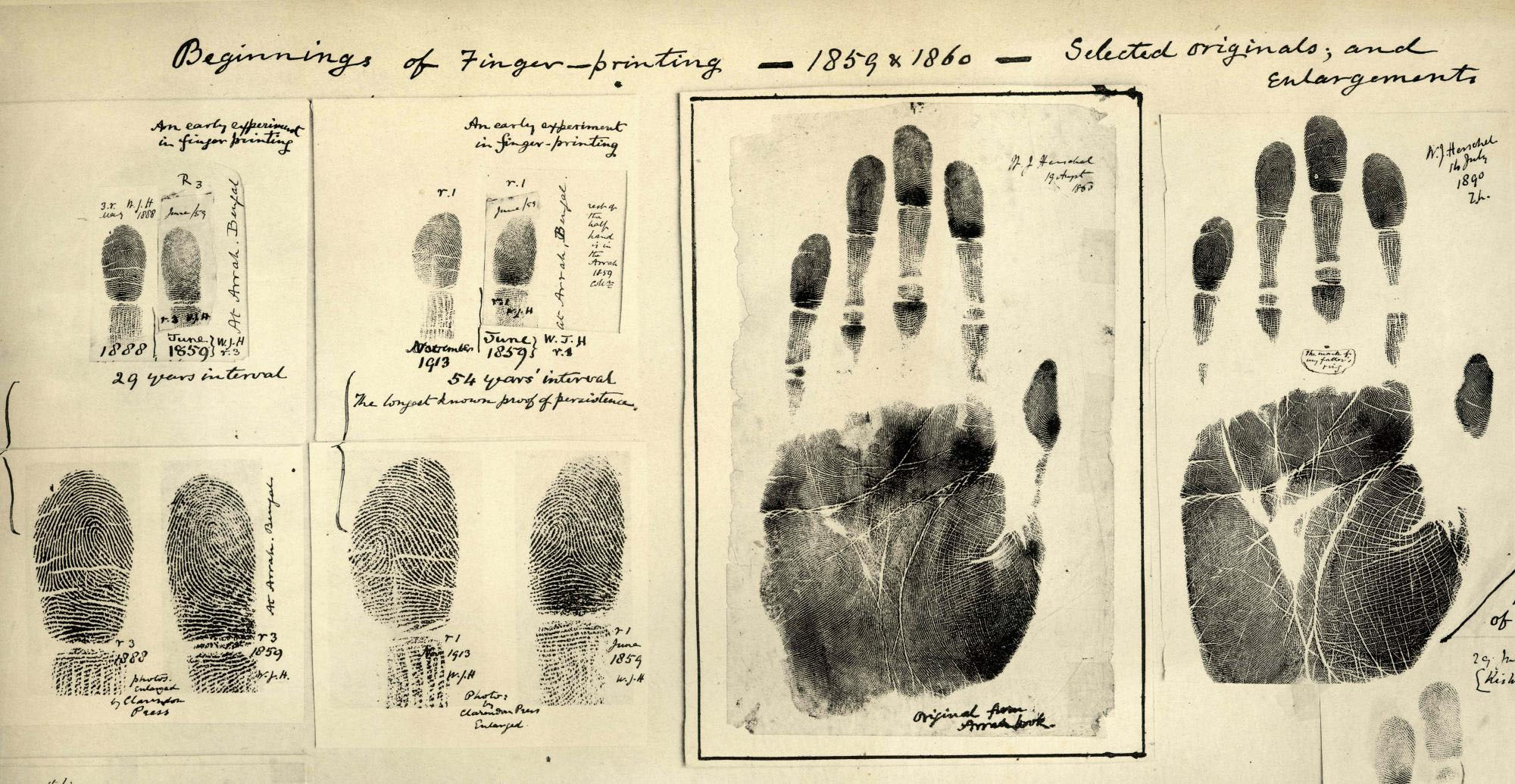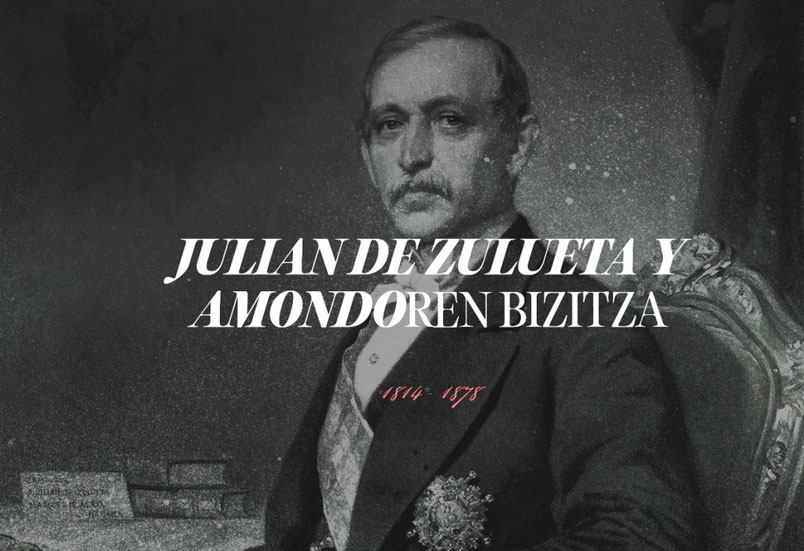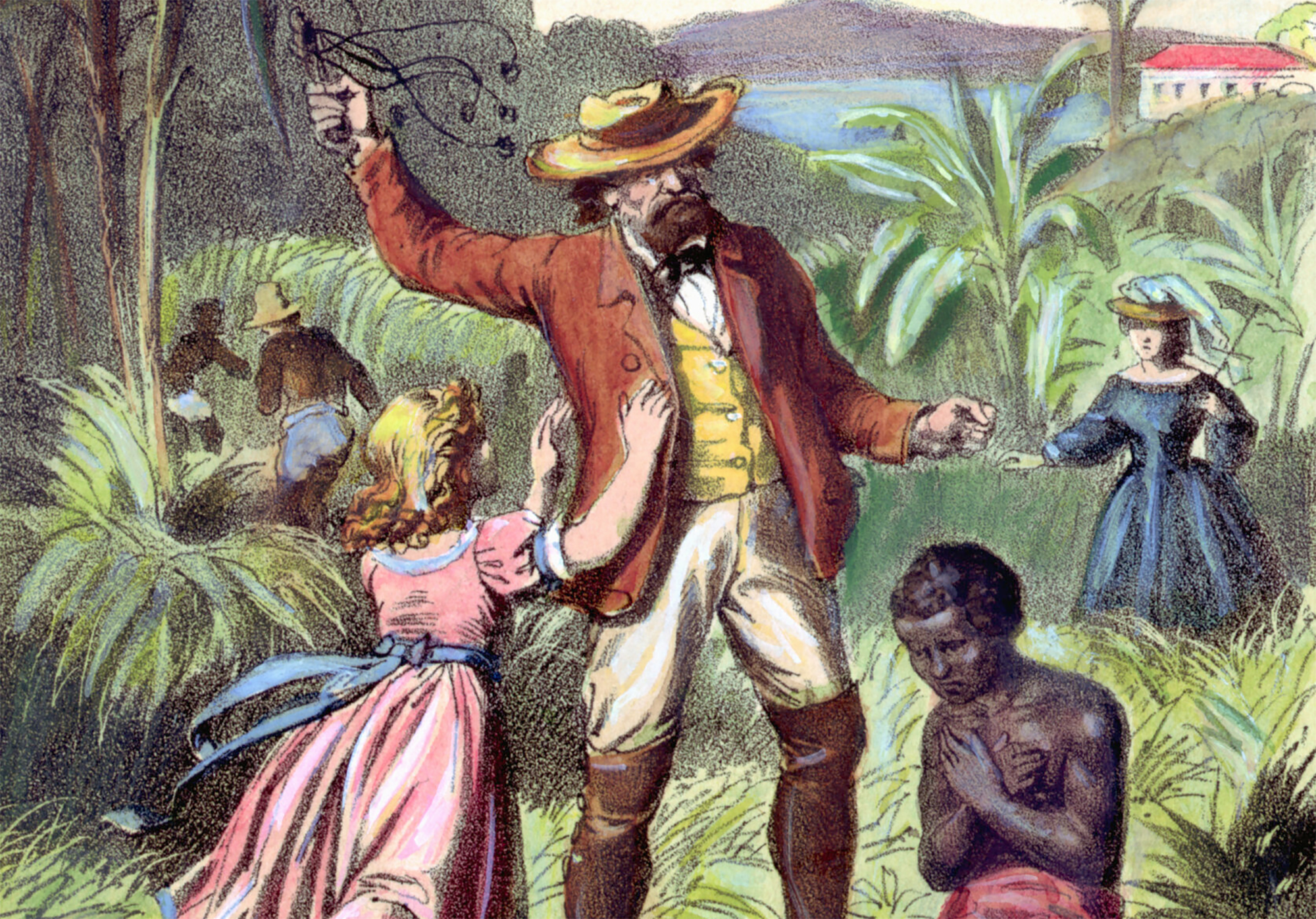Sweet saline effects of the Stono rebellion
- Colony in South Carolina (North America), September 9, 1739. Congo Jemmy Cato triggered the most important uprising of the slaves of the southern colonies.
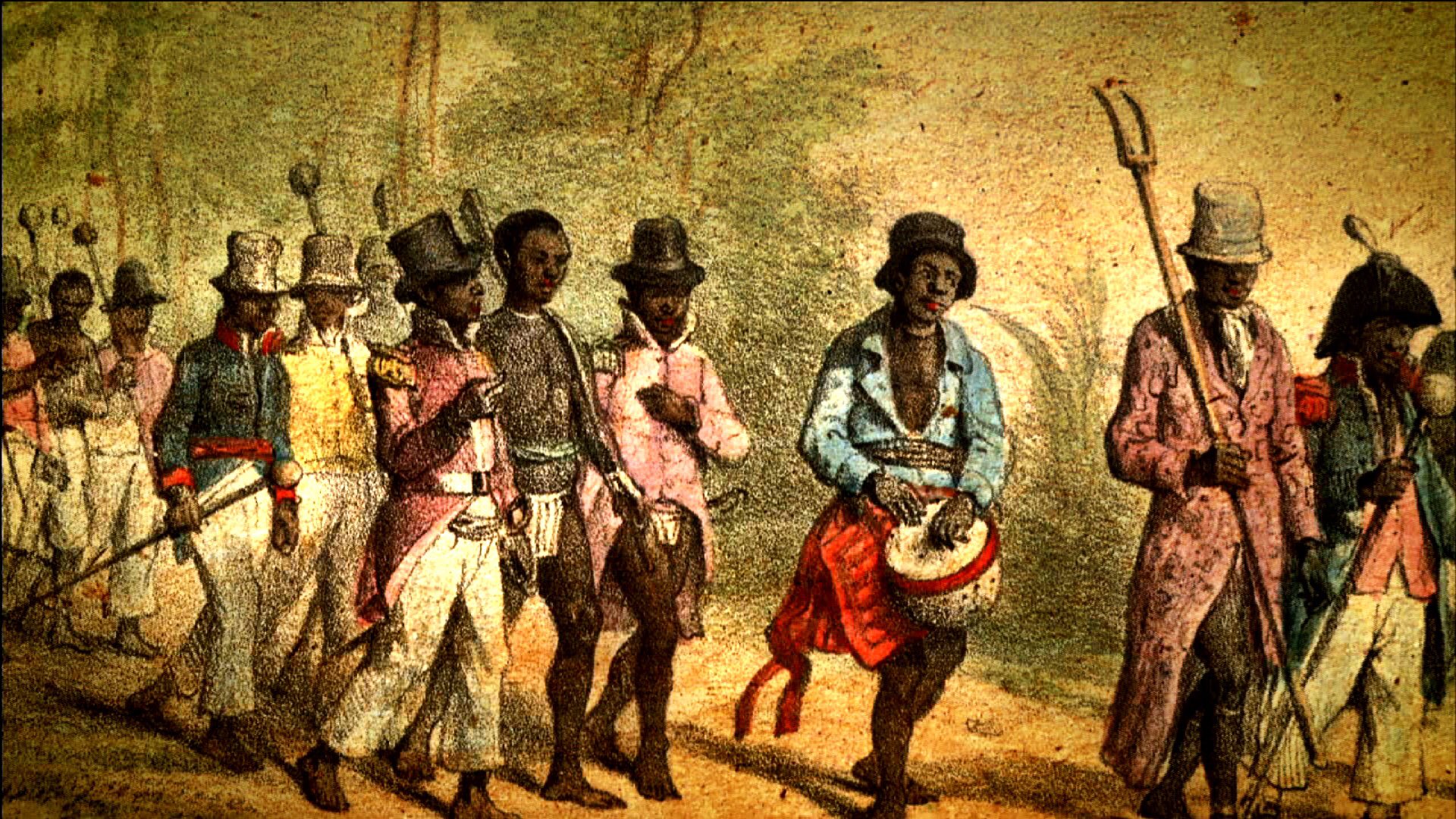
It brought together some 20 Congolese slaves, some of them with military training in their home country, got weapons and went to Florida for freedom. Along the way, 60 other slaves joined the armed march. As they left the vicinity of the Stono River, it is called Stono Rebellion, but it is also called Cato Rebellion because it was the Cato or Cater family that owns Jemmy.
The march failed to cross the colony border. He captured and dominated South Carolina militias on the Edisto River. Although the fugitives managed to restart the march, they were definitely arrested a week and 30 km later. The death toll was also against slaves: the rebels killed 23-28 settlers, but only the militia that killed 35-50 slaves in conflict – and then executed as many others, although there is no concrete data –.
Plantation owners pushed for another measure: Moratorium or 10-year moratorium on the import of slaves. I mean, the next decade wouldn't enter the port of Charleston.
Although not successful, the rebellion caused a series of consequences that in 1740 put the Black Act into effect in the colony. Apparently, this law had a number of positive consequences for slaves. It is true that control over them was intensified, but the law also provided for the improvement of living conditions. It imposed fines on owners who demanded excessive work or used excessively harsh penalties. But how would these owners report if slaves were prohibited from testifying against whites by law?
In addition, the plantation owners promoted another measure: Moratorium or 10-year moratorium on the import of slaves. I mean, the next decade would not enter Charleston Harbor. Even when the moratorium ended, South Carolina slaves refused to import slaves from around Congo and Angola. But that does not mean that the rebellion changed the minds of the slaves. On the contrary, they took the step of strengthening and stabilizing the activity and defending their interests: they believed that those born of slaves in the colonies were more docile than those born free in Africa.
And Cato's rebellion also sowed a seed that influences both current dance and music. In the meantime, they used African drums as a code to convey messages that landed slaves would not understand. Thus, the law of 1740 prohibited slaves from percussion instruments. So they started using the body to make music, and they created juba dantza or zaplada juba. According to experts, this influenced the rhythms of jazz and hip hop was born from the less docile slave response.
Washington (EE.UU. ), 1807. The US Constitution banned transatlantic slave trade. This does not mean that slavery has been abolished, but that the main source of the slaves has been interrupted. Thus, slave women became the only way to “produce” new slaves.
So in 1845, in... [+]
Europar Batasunean berriki onartu den Migrazio Itunak, asko zaildu dizkie gauzak euren herrialdetik ihesi doazen eta asiloa eskatzen duten pertsonei. Eskuin muturraren tesiak ogi tartean irentsita, migratzaileentzako kontrol neurri zorrotzagoak onartu dituzte Estrasburgon,... [+]
Frankismoa ez zela 1975ean amaitu diktadoreak ohean azken hatsa eman zuenean, hori badakigu. Erregimenaren haziek bizirik iraun zuten poliziaren tortura ziegetan, justizia auzitegien sumarioetan eta militarren zein politikarien deklarazio kolpistetan –Aznarrek azkenaldian... [+]
Julian de Zulueta esklabista arabarraren inguruko erakusketa ikusgai dago LABE espazioan.











